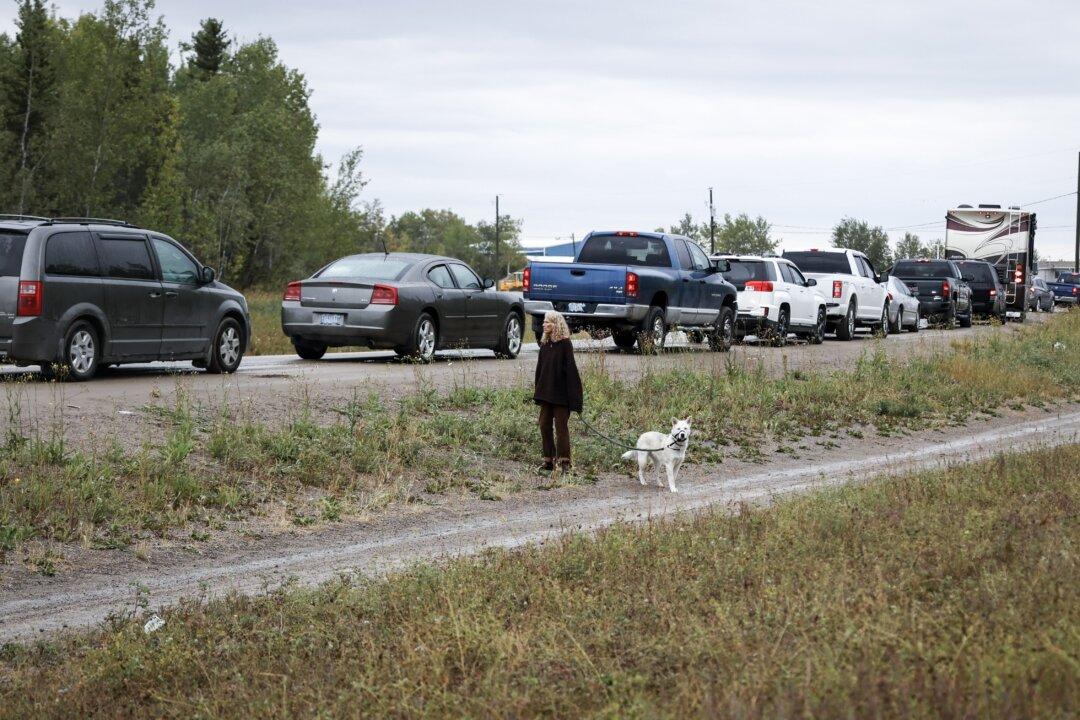Commentary
Nothing, not even the mass evacuation of tens of thousands of people threatened by wildfires, gets in the way of advancing the interests of politics.

Nothing, not even the mass evacuation of tens of thousands of people threatened by wildfires, gets in the way of advancing the interests of politics.